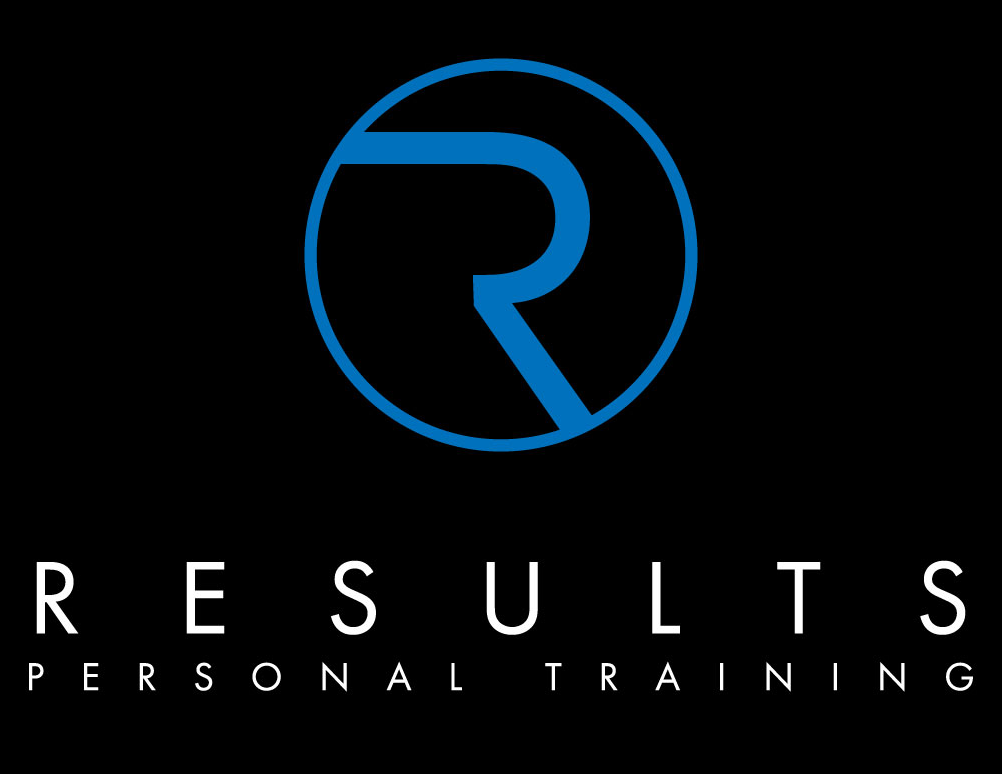Happy Monday
Wow what wet weather we had this weekend. That wind was pretty crazy and talking of wind, well done to the Hurricanes on their victory over the Lions. 🙂
With the Olympic opening ceremony it reminded me it was 4 years ago that London had the 2012 Olympics
Krystie and I lived in London back then and we were lucky enough to get tickets to a few events, we unfortunately didn’t get tickets to that incredible 100/200 meter final where Mr Bolt was on fire. But we did get tickets to another sport that I love …
The weightlifting
It’s not the 100 meter sprint but for me, well I love lifting heavy stuff. Here is the Hungarian finishing a 200+ kilo clean and jerk. That’s a lot of weight.
A 22 year Iranian went on to win with a 248 kilo clean and jerk. Makes my 90 kilo clean and jerk sound a bit soft 😉
Anyway in today’s newsletter I thought I would share with you some insights as to how an Olympic athlete trains and prepares.
1 – Nutrition
(Dara Torres – A 40+ Olympic swimmer. Her go-to is a protein shake with a greens powder)
Olympic level performance requires off the chart energy. Athletes eat for energy. A rower will typically consume between 7000 to 10000 calories a day (that’s a lot of calories). These calories tend to be in the form of protein to help build or maintain muscle, complex carbohydrates for long and slow release energy and some good fats to aid with hormone function and immunity.
2 – Sleep and recovery
Athletes know they can only train as hard as they can recover. Athletes place as much emphasis on their recovery as they do on their training. Many will be in bed before 9pm as the hours you sleep before 12pm tend to work for physical recovery and after 12 tends to go towards mental and emotional recovery. Athletes work daily with physios and massage therapist to ensure injury prevention.
3 – Mental preparation
Olympic athletes spend a great deal of time on their psychological game. Many have psychology coaches help them prepare with visualisation techniques, rehearsals, mantras and anything that can get them in the right winning head space. Successful athletes don’t even have the slightest doubt in their minds that they will won’t win.
4 – Gym training
Athletes tend to train 6-7 days a week in both their given sport and the gym. Not everyday is a hard out training session, some days they will just do some active recovery which may involve some light cardiovascular work. Every athletes gym work will be different depending on their given sport. However there are some general protocols they all follow. Athletes start their workouts with a…
Dynamic warm up – The goal here is to limber up and get blood flowing
Mobility drills – Athletes know the importance of having a full range of movement. The greater the range of movement the more muscle that can be utilised, the greater potential for power. Having just the slightest bit more power can be the difference between last and gold
Activation drills – Specific drills that activate underactive muscles. 99% of all sports require a strong posterior chain (that’s the muscles along your backside of your body. Glutes, hamstrings and lats) Athletes will often spend time working on firing their glutes (the strongest muscle) to generate maximum force output.
Power/strength – Athletes need to be strong and powerful. Many train with olympic lifts with heavy weights and low reps to generate the power needed. Athletes need to exert maximum force as quickly as possible (strength x speed = power)
Recovery and tissue regeneration – stretching, massage, ice baths, cold showers, myofascial release techniques and post workout nutrition.
5 – Athletes cover themselves in tape WTF
Kinesiology tape, yes athletes love the stuff. Kinesio tape was developed by a Japanese chiropractor in 1979 but for some reason didn’t really gain popularity until 2008. Kinesio tape is said to alleviate discomfort, assist with lymphatic drainage, reduce inflammation and facilitate with stronger firing of muscles and tendons.
Personally I wonder how much of it is a placebo effect but if it makes the athlete gain just a little more belief in their ability then it’s doing its job.
There you have it ,my 5 how to be an athlete tips for you.
Until next week
Paul ”will be covering myself with tape today” and Krystie ”unfortunately he probably will” Miller







Recent Comments